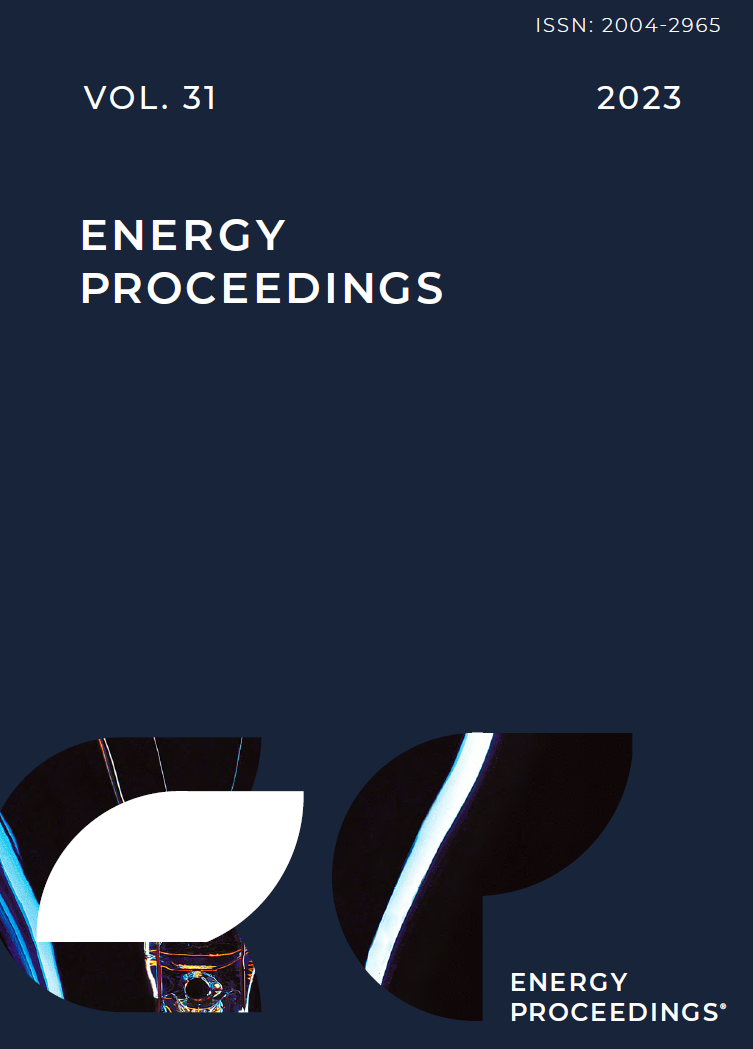
Volume 31: Clean Energy Technologies towards Carbon Neutrality
ISSN 2004-2965
Evaluating the Cost Impacts to Meet China’s Renewable Electricity Portfolio Standard Target in 2030
Yanbo Feng, Feng Song, Peilin Chen
Download PDF
Article Preview
Virtual Sensor: A Machine Learning Based Performance Prediction Tool for Next Generation Intelligent Internal Combustion Engines
Qifan Wang1, Zhentao Liu1*, Yu Zhang2, Jiahong Fu2
Download PDF
Article Preview
Process Evaluation and Optimization of Acetone Dehydration With Advanced Heat Integration Technology by the Techno-Economic Analysis
Hao Zhou, Hong Li, Xingang Li, Xin Gao
Download PDF
Article Preview
Design of chemical enterprise carbon reduction scheme based on carbon handprint method
Hongfei Zhao1, Jinliang Wang1, Xiaojie Lin 1*, Wei Zhong1, Liuliu Du-Ikonen2, Keting Zhang1, Xiangqian Wang3
Download PDF
Article Preview
An Island Partition Method Based on Heuristic Algorithm and Prim Topology Generation in Active Distribution Network
Chen Jiahao, Sun Bing, Li Yunfei, Jing Ruipeng, Zeng Yuan, Qi Zelong
Download PDF
Article Preview
AI Guided Membranes Materials Development for Hydrogen Evolution and Separation
Haoyu Yin, Xiaonan Wang
Download PDF
Article Preview
Transport of Multi-pollutant Molecules in Titanium-based Nanopore with Molecular Dynamics
Qi Xin, Yang Yang, Shaojun Liu, Chenghang Zheng, Qingyang Lin, Xiang Gao
Download PDF
Article Preview
Application of metal-organic frameworks in efficient mercury adsorption
Dapeng Wang, Zhenqi Jing, Yaqin Wang, Tianyu Liu, Chang Wen
Download PDF
Article Preview
Day-ahead Hourly Photovoltaic Power Prediction Based on Multivariate Data Driven Hybrid Physical and Deep Learning Model
Boheng Chen, Zhicong Chen, Lijun Wu, Peijie Lin, Shuying Cheng
Download PDF
Article Preview
Analysis of Carbon Particle Overlap Effects on Oxygen Reactive Transport in Catalyst Layers of Proton Exchange Membrane Fuel Cells
Ruiyuan Zhang, Li Chen, Wen-Quan Tao
Download PDF
Article Preview

Copyright ©
Energy Proceedings

